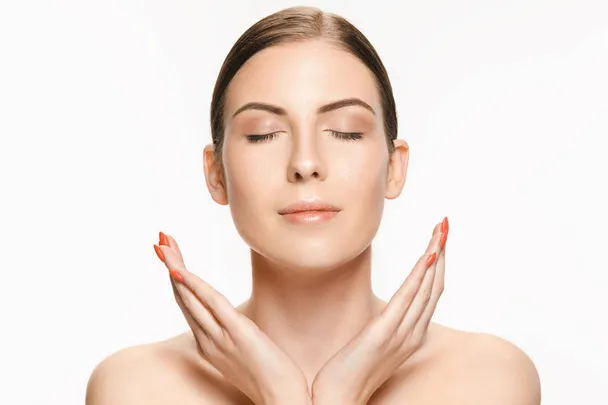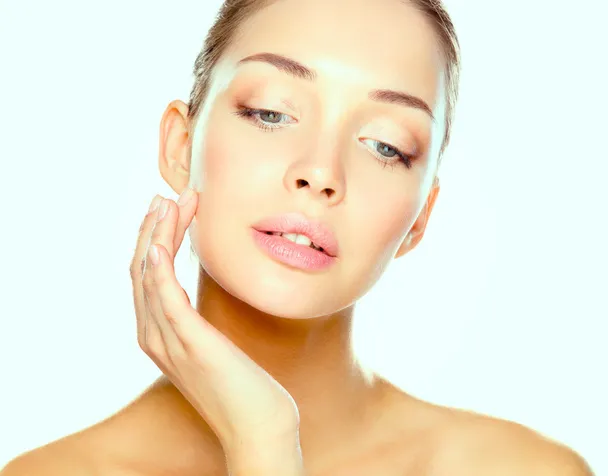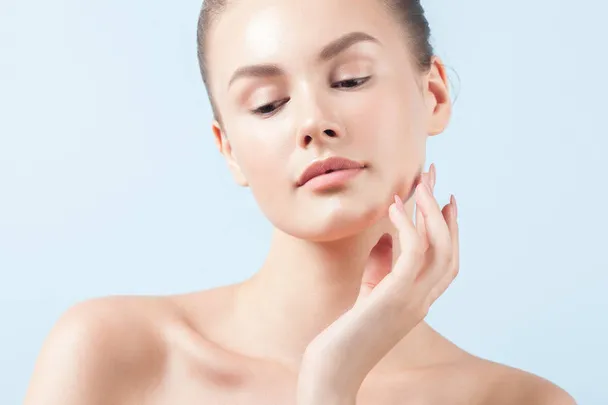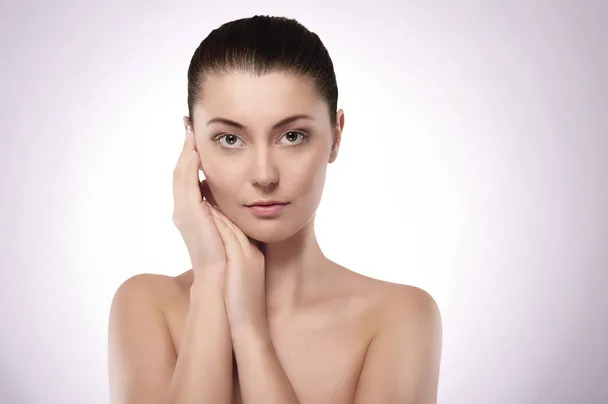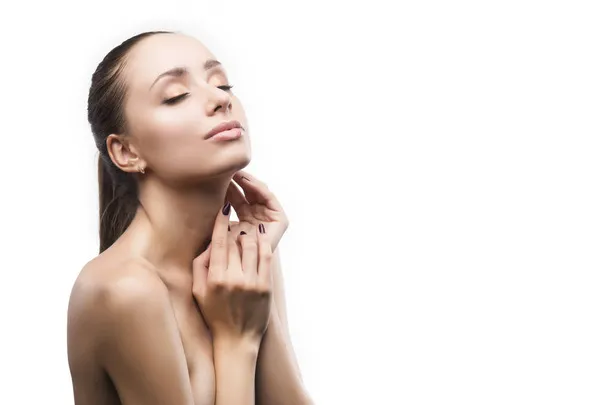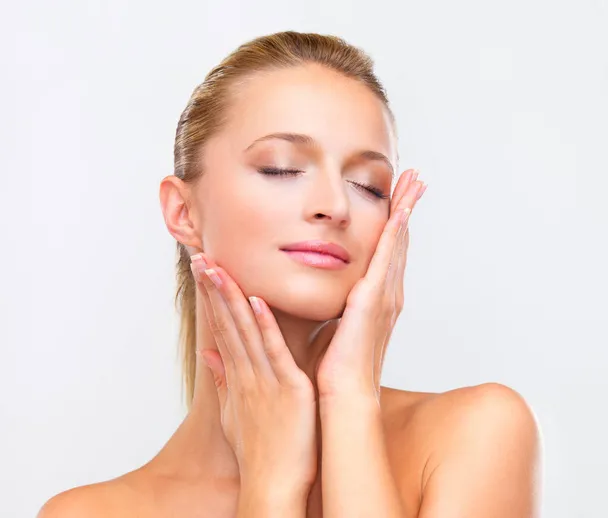Eczema-Prone Skin Can Still Wear Makeup – Here’s How
Living with eczema, a chronic skin condition characterized by redness, itching, and inflammation, can pose unique challenges when it comes to makeup application. However, with the right approach and products, individuals with eczema-prone skin can still enjoy the transformative power of makeup while minimizing irritation and flare-ups.
Understanding Eczema:
Eczema, scientifically referred to as atopic dermatitis, is a prevalent skin condition impacting millions globally, characterized by discomfort and frustration due to its unpredictable nature. Individuals with eczema experience symptoms like redness, itching, inflammation, and sometimes even oozing or crusting of the skin. These symptoms can significantly affect one’s quality of life, leading to discomfort and self-consciousness.
Numerous factors can trigger eczema flare-ups, making it challenging to manage effectively. Common triggers include allergens such as pollen, pet dander, or certain foods, as well as irritants like harsh soaps, detergents, or fragrances. Environmental factors such as dry air, extreme temperatures, or humidity fluctuations can also exacerbate eczema symptoms. Additionally, emotional stress, hormonal changes, and genetic predispositions play significant roles in eczema development and severity.
Managing eczema requires a comprehensive approach that addresses various aspects of the condition. This includes adopting a gentle skincare routine using fragrance-free, hypoallergenic products to cleanse and moisturize the skin effectively. Avoiding triggers such as harsh chemicals, rough fabrics, and extreme temperatures can help minimize flare-ups and maintain skin health.
In addition to skincare, managing eczema often involves lifestyle modifications to reduce stress, improve sleep quality, and support overall well-being. Techniques such as stress management, mindfulness, and relaxation exercises can help alleviate emotional stressors that may exacerbate eczema symptoms.
Furthermore, strategic makeup choices can play a crucial role in managing eczema, as certain cosmetics and skincare products may contain ingredients that trigger irritation or allergic reactions. Opting for hypoallergenic, non-comedogenic makeup products free of common irritants can help minimize the risk of flare-ups while allowing individuals with eczema to express themselves creatively.
Overall, successfully managing eczema requires a personalized approach tailored to each individual’s unique triggers and symptoms. By adopting gentle skincare practices, avoiding known triggers, and making informed makeup choices, individuals with eczema can minimize discomfort and enjoy healthier, happier skin. Consulting with a dermatologist or skincare professional can provide personalized guidance and recommendations to effectively manage eczema and improve overall skin health and quality of life.
Prepping the Skin:
Before applying makeup, it’s essential to properly prep the skin to create a smooth, hydrated canvas. Start by cleansing the skin with a gentle, fragrance-free cleanser suited to sensitive or eczema-prone skin. Look for cleansers that are free of harsh surfactants, fragrances, and drying alcohols to avoid exacerbating inflammation and irritation.
After cleansing, follow up with a lightweight, hydrating moisturizer to replenish moisture and soothe dry, irritated skin. Opt for moisturizers formulated with skin-loving ingredients such as ceramides, hyaluronic acid, and niacinamide to strengthen the skin barrier and provide long-lasting hydration without clogging pores or exacerbating eczema symptoms.
Choosing Eczema-Friendly Makeup:
Choosing makeup products suitable for eczema-prone skin requires careful consideration of ingredients and formulations to minimize the risk of irritation and flare-ups. Here are some tips for selecting eczema-friendly makeup:
By choosing makeup products with gentle, hypoallergenic formulations and avoiding common irritants, individuals with eczema-prone skin can enjoy wearing makeup without exacerbating their condition. Additionally, consulting with a dermatologist or allergist can provide personalized recommendations for makeup products suitable for sensitive skin types.
Application Techniques:
When applying makeup to eczema-prone skin, gentle application techniques are paramount to minimizing friction and irritation. Here are some tips for applying makeup without aggravating sensitive skin:
By using gentle application techniques and choosing suitable makeup products, individuals with eczema-prone skin can enjoy wearing makeup without compromising skin health or exacerbating their condition. If you experience persistent irritation or worsening symptoms, consult with a dermatologist for personalized skincare recommendations.
Removing Makeup Safely:
At the end of the day, removing makeup safely is essential, especially for those with eczema-prone skin. Here’s how to remove makeup without exacerbating sensitive skin:
By choosing gentle makeup removers, using cleansing oils, following up with a gentle cleanser, and moisturizing adequately, individuals with eczema-prone skin can effectively remove makeup without compromising skin health or exacerbating their condition. If you experience persistent irritation or worsening symptoms, consult with a dermatologist for personalized skincare recommendations.
Conclusion:
While living with eczema may present challenges, it doesn’t mean you have to forego makeup altogether. By adopting a gentle skincare routine, choosing eczema-friendly makeup products, and practicing careful application techniques, individuals with eczema-prone skin can still enjoy the transformative power of makeup while minimizing irritation and flare-ups. Remember to listen to your skin, prioritize hydration and comfort, and embrace makeup as a form of self-expression and empowerment, even with eczema-prone skin.

